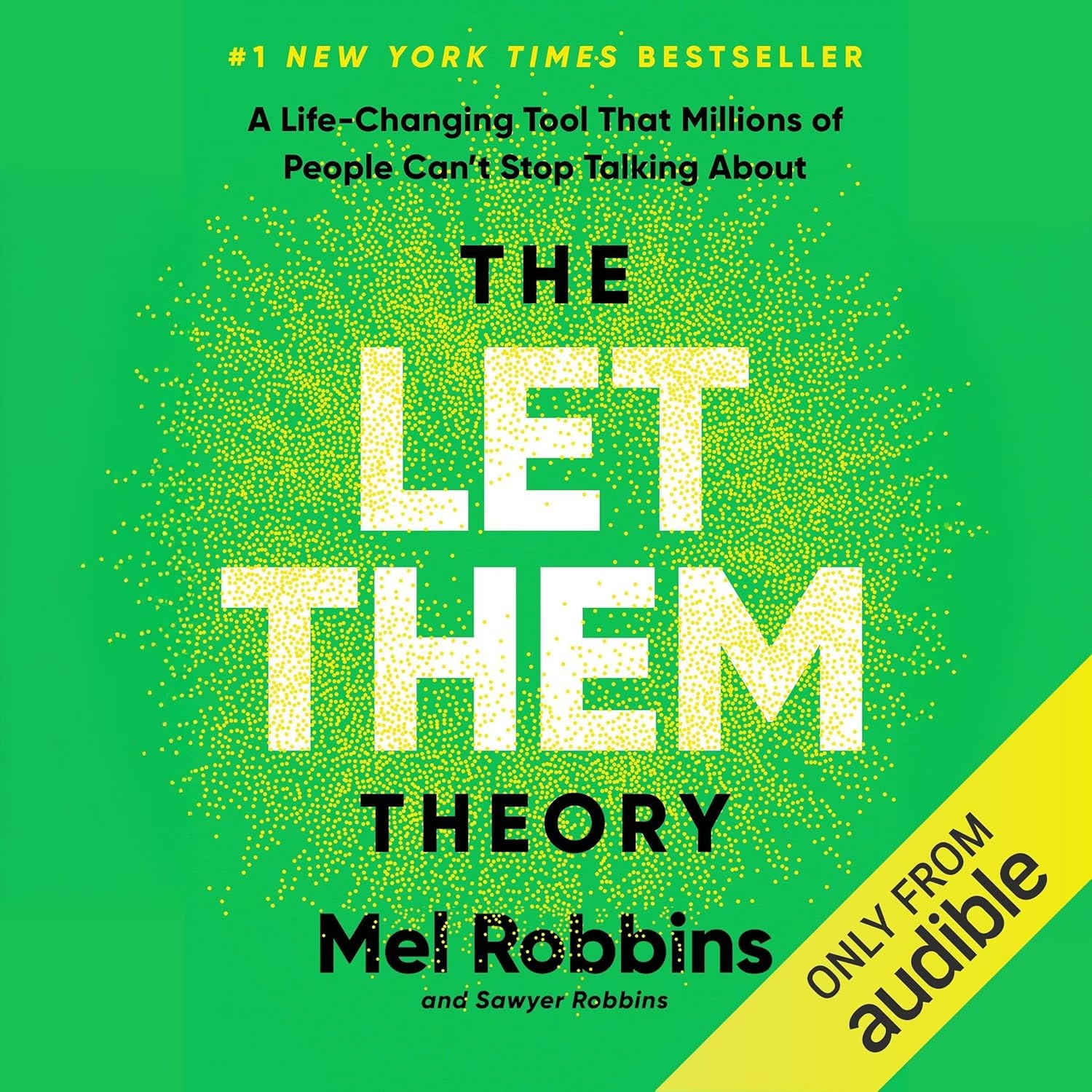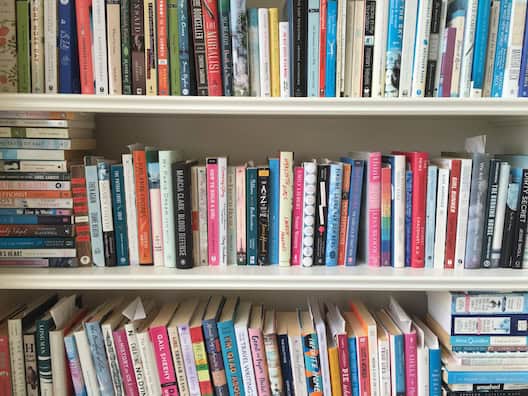![]() Rebecca, you know how much I loved The Bird Sisters. You sent me the galley probably a year ago, so I’ve been waiting a very long time to share your gorgeous book with our readers! What’s it been like for you, waiting for your first novel to be published?
Rebecca, you know how much I loved The Bird Sisters. You sent me the galley probably a year ago, so I’ve been waiting a very long time to share your gorgeous book with our readers! What’s it been like for you, waiting for your first novel to be published?
Wow, what a ride this has been! I have been waiting for a very long time for this book to come out. Since I wrote the book, I have moved across the country, my daughter has started preschool, and I have a lot more gray hair (boo!). But in all seriousness, it has been lovely from beginning to end, and I have learned how to be patient. Very patient. I am forever thankful that my editor bought this novel, and essentially changed my life with four little words, “I want this now.” Everyone at Crown has been so loving and supportive of my book, and that, along with my agent’s unwavering love, has been a tremendous boost to me during difficult times.
Up until now, you’ve solely written short stories. Did you consciously decide you wanted to write a novel or did the idea for The Bird Sisters come to you and require a longer format?
I did consciously decide to write a novel, and for less than romantic reasons. I knew I wanted to have a job in my field one day and I also knew that I needed a book to do that. So off I went on writing a novel, an experience from which I learned so much. I love novels, and now I can’t imagine writing a short story (but, of course, now that I have said such a thing I surely will). The Bird Sisters started out as a short story that I wrote when I was pregnant, but I was never satisfied with it enough to leave the topic alone. The characters kept asking me for more breathing room, and finally, thankfully, I gave it to them.
We are big fans of birds here, as you can tell from our logo. What is the significance of birds to you?
Once, when I was a girl, a robin flew into our sliding glass door while we were watching television. My mother opened the door and scooped up that sweet little bird, made a bed out of warm towels, got my brother and me into the car, and drove across town to the Bird Lady’s house. I don’t know if that robin lived or not, but for a long time I wondered about him and about the lady who made a life out of saving birds. Probably every town has a bird lady, and, sadly, in every town birds fly into windows and windshields. Sometimes people do something about it. Sometimes they don’t. I think what you do when you encounter an injured bird (or animal) says a lot about who you are. I am a person who gathers up warm towels like my mother. I am a person who loves birds. In the mornings, I like to watch the little finches in our oak tree. I marvel at how clever they can be. How quick-footed. How zippy. To me, the poet Mary Oliver says it best about a little injured gull she and her partner tried to rescue. “Bird was like that … Startling. Elegant. Alive.”
The connection between Milly and Twiss is so special and so real. You write, “Twiss realized just how much she’d counted on the history books being right; nowhere in the pages she’d read did Clark ever leave Lewis behind. The and always linked them together.” Love that. So where did you come up with the name, “Twiss?!” And you have four brothers! Did Milly and Twiss become the older sisters you never had in some way?
Definitely. I love my brothers very much, but I have always been drawn the idea of close sisters, who share everything. Milly and Twiss are like that — to the extent that neither one of them will leave the other to pursue their dreams. I am also drawn to the idea of sacrifice, which people do every day for the people they love. As far as Twiss’ name goes, it just came to me one day while I was writing. She is so unique that she needed a unique name to capture her often larger-than-life personality.
How would you describe each of the sisters? Which one do you most relate to?
Milly is the sweetheart of the two –- she is pure and kind and will do almost anything anyone asks. Twiss is much more willful. She isn’t afraid to say what she thinks, and functions in a more reactionary way when she is a girl. I think I am a blend of the two sisters, which is what allowed me to see the world from both of their perspectives, though I do always try to operate from the position of kindness, which is very Milly-like.
The language you use is so lyrical, so delicious –- I’ve marked up half the book with quotes that took my breath away. For example, you write that cousin Bett wasn’t particularly pretty or smart but Twiss always wanted to be in a room with her because, “After all, Bett had grrr.” And when Twiss says, “There should be another word for love,” Milly chooses “sugar” because, as you explain, “Something about sugar made their family sweeter.” I don’t even know what my question is –- I’m just blown away by the fact that each sentence is more beautiful than the next. It’s so rare to read a book where both the story and the actual writing are equally stunning. What is the writing process like for you? Do you do an outline of the story first and then fill it in with language, or do you focus on each word as you’re writing?
I am a painfully slow writer, although I write every day, which makes people think I am fast because the draft took less than a year to write. I work first from language. My favorite authors write in a way that everyone can understand, but they take a common sentiment and make me re-think it. Carol Shields was like that. She would take something very ordinary and make it extraordinary (at least to me). I know people like to talk about story more than language these days, but for me it is the words that carry the story.
Golf plays such an important – and surprising – role in the story. Tell us about that.
My great-grandfather was an extraordinarily talented golfer. Back then, most golf courses would hire a resident pro. My grandfather suffered from wanting to be like the wealthy members of the courses he worked at, so much that he made some devastating choices that led to the demise of his family. But I am told he was so beautiful to watch out on the course. There, he was pure.
This is the kind of book that you want to read sitting outside on a quiet summer afternoon. It evokes such a lovely sense of place. Is it based on a specific place in your own life?
I am deeply attached to Spring Green, Wisconsin, which is where my father has lived since I was a girl. My brother and I would go back and forth between his house and my mother’s, which was located in a small suburb of Chicago. For us, Wisconsin was magical. There we were able to swim in the river, cover ourselves in mud, and tromp through the woods. There we played with barn cats and snakes, lightning bugs and katydids. I’ve always preferred rural landscapes to urban ones. Wild over tame. It’s like the old bumper stickers from the ’80s used to say: “Escape to Wisconsin.”
Sacrifice is a key theme in the book — which I bet will provide great fodder for book club discussions. Can you talk a little about that?
The older I get, the more I am tuned in to the sacrifices — large and small — that people make daily for the good of their husbands and wives, their children and grandchildren, and even the animals they love. I am drawn to the idea of sacrifice because it often goes against our instincts, and because it can be one of the most beautiful things in the world and yet its consequences can be devastating to have to survive. The sacrifices Milly and Twiss make in the novel are part of why they have my love and always will.
It’s very powerful when you write that Twiss “forgave her mother for their similarities, which she understood had caused most of their differences.” You’re very wise for someone so young, Rebecca! What lessons have you yourself learned from these two elderly women? Has writing about them changed the way you will approach getting older?
I have learned so much from these women, who are based on my own grandmother and her sister — how to be graceful, how to hold on, and when to let go. People ask me all the time if I miss them, and I tell them that the sisters are always with me, even now. And I still have so much to learn, but they were certainly amazing teachers for me and since they are so very alive to me, I am perpetually grateful to them. I have always identified with older people. I like to sit long hours on porches with them, listening to their life stories. I think our country suffers from ageism, probably because so many people are afraid to get old. Although I don’t look forward to the physical ways in which my body will eventually fail me, I am happy to get older each year because I learn more about myself and the world I live in.
What are you writing about next? How long do I have to wait to read another Rebecca Rasmussen gem?
I just finished my second novel, which is set in the wild and remote landscape of northern Minnesota in a fictional place called Partway. It begins with a pioneering woman named Eveline in the 1930s and ends with her son Hux’s story in the 1970s. This book was a pleasure to write, and I am quite sad to be finished with it. But I’m pressing forward with the third, which is about a small town doctor, his wife May, and a little girl named Lizzie Ogden who drowns in a river on a cool fall morning, mere steps from her back porch.




I too was fortunate to get an advance copy of Rebecca’s novel. As I said in my blog, she is a brilliant writer, one I will be seeking out in the years to come!
http://www.secondact.com/2011/04/addition-by-subtraction-dont-let-bad-friends-drag-you-down/
Anyone who can, with surety, say, “I love to love” gets my vote!!
I was thrilled to offer a blurb for this book way back when.. and even more delighted that today is finally the day The Bird Sisters get to “fly”…. anyone who reads this book will fall in love with Milly and Twiss and the storytelling charms of Rebecca!
What a lovely interview — can’t wait to read the book!
Thank you Style Substance Soul! for having me on your amazing site today!!!